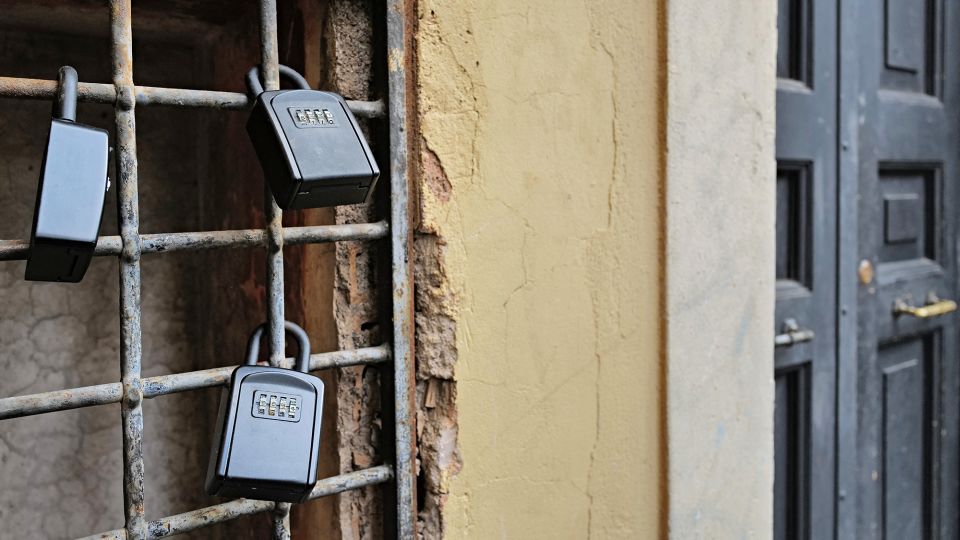Italy has recently enacted a significant change to its rental laws by banning self-check-ins at properties such as Airbnbs, a decision aimed at bolstering public safety and combating potential terrorism. The ban will remove key boxes and self-check-in pads that have become commonplace in rental properties throughout the country. The Interior Ministry justified this measure, citing the need for tighter regulations to maintain public order and safety, allowing for the physical registration of all renters at local police stations. This policy shift reflects a broader effort to address the surge in short-term rentals while enhancing security, especially ahead of anticipated high tourist volumes during significant religious and cultural events.
The motivation behind this new legislation comes in light of Italy’s upcoming events, including the Vatican’s Holy Jubilee year in 2025 and the Winter Olympics in Cortina in 2026. These events are projected to attract millions of tourists—estimates suggest about 30-35 million visitors—prompting officials to tighten regulations on accommodations. To prevent possible accommodations of individuals linked to criminal activities, law enforcement is charged with ensuring compliance with the new rules. The ban marks a decisive step towards maintaining control over the burgeoning short-term rental market that Italy has experienced in recent years.
Local authorities have largely welcomed the ban, emphasizing the necessity of such measures in managing tourist influx and keeping public spaces safe and orderly. Figures such as the Mayor of Rome, Roberto Gualtieri, expressed strong support, arguing that key boxes not only clutter the streets but also hinder proper oversight of rental properties. Gualtieri’s statement highlights the need for clearer regulations to combat unfair competition in the rental sector, and his views are echoed by Italy’s Tourism Minister, Daniela Santanché, who sees the ban as a critical step toward ensuring a better tourist experience.
Despite the government’s clear stance, the ban has raised concerns among property owners and short-term rental platforms like Airbnb, which argue that self-check-ins provide a flexible and convenient check-in process for guests and hosts alike. Airbnb has acknowledged the importance of safety while emphasizing the necessity for options that allow for easy guest access. The platform’s commitment to collaborating with the Italian government in addressing local safety concerns indicates a willingness to adapt while still supporting the interests of its users.
The recent ban reflects Italy’s growing recognition of the challenges posed by mass tourism and the need for stricter control over temporary accommodations. As municipalities grapple with the consequences of increased tourist numbers, including issues of overcrowding and strain on local resources, measures like these aim to strike a balance between welcoming visitors and ensuring the comfort and safety of residents. It also indicates a proactive approach by local governments to manage the effects of tourism, particularly as preparations ramp up for major upcoming events.
While the implementation of these new rental laws marks a notable shift in Italy’s approach to tourism and safety, it remains to be seen how effectively they will be enforced and whether they will significantly alter the landscape of short-term rentals in the country. The push for greater regulation reflects a broader awareness of the impacts of tourism on urban areas and a commitment to fostering a sustainable and safe environment for both visitors and locals. Overall, this development signifies a critical juncture in Italy’s relationship with short-term rentals, aiming to ensure a safer and more enjoyable experience for everyone involved.

